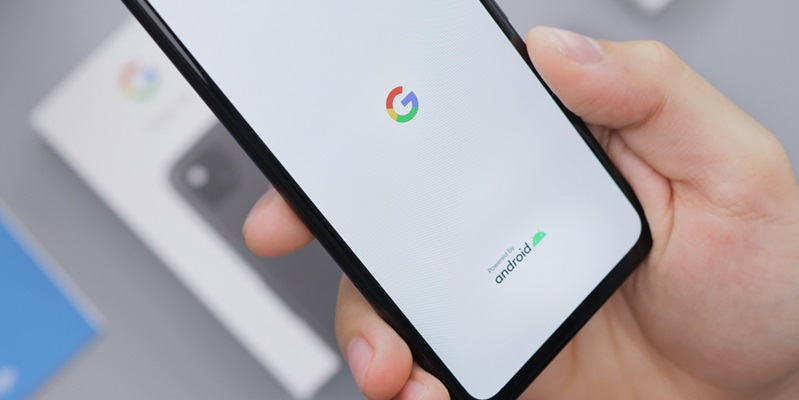Google’s Pixel 8a is enhancing the user experience with a unique battery health monitoring feature. This tool offers valuable insights like charge cycle counts and the battery’s production date, equipping users with data to manage their device’s longevity proactively. Such detail surpasses basic battery status indicators, facilitating informed choices about charging routines and potential battery replacement.
Exclusivity to the Pixel 8a series is a strategic move by Google, setting a benchmark in the smartphone arena for battery health innovation. The tech giant is betting on consumers’ appreciation for this advanced feature to drive interest in its new models, attempting to stand out in a crowded market. Although there’s a risk of alienating users of older Pixel versions, Google anticipates the allure of sophisticated battery management will attract a sustainability-conscious audience, cementing the Pixel 8a’s position as a trailblazer.
Integration and Strategic Direction
Google’s Pixel 8a is set to champion battery health as a key feature, underscoring the tech giant’s focus on consumer needs and sustainability. By reintroducing this feature, previously considered a fleeting glitch in older models, Google aligns with the growing trend of prolonging device lifespans in response to environmental concerns. The Pixel 8a not only spotlights this eco-conscious trait but also continues Google’s legacy of marrying software prowess with hardware innovation. Through this strategic inclusion, the company aims to offer a smartphone that maintains its state-of-the-art qualities for a longer period, reducing the urge for frequent upgrades and supporting responsible electronic consumption. The move resonates with the tech industry’s shift toward green practices, potentially setting a precedent for future products. With the Pixel 8a, Google promises a forward-thinking device designed to stay relevant and reliable, encouraging a movement toward more sustainable tech usage.
Market Anticipation and Launch Speculation
The tech world is eagerly awaiting the Pixel 8a, especially for its rumored new battery health feature, which stands as a testament to Google’s dedication to user-focused design. This feature, which promises to give clear insights into a phone’s battery status, has caught the attention of both enthusiasts and average consumers, many of whom are frustrated with the current lack of clarity in this area.
Speculation suggests the Pixel 8a may debut at Google’s annual developer event, creating significant buzz around its potential impact. If the battery health function delivers as expected, it could revolutionize user expectations, compelling other smartphone manufacturers to adopt similar transparency.
The industry is watching closely, knowing that should Google succeed, this innovation may set a new benchmark, pushing the entire smartphone market toward greater openness regarding battery health and possibly initiating a new trend in mobile tech enhancements.
Potential Competitive Edge and Product Reception
The Pixel 8a stands out in the cutthroat smartphone market with its distinct battery health feature targeted at proactive and eco-conscious buyers. This advantage could sway consumer preference if it delivers accurate and user-friendly benefits – like prolonging the phone’s lifespan and optimizing performance. If effective, this could establish the 8a as a model for future consumer electronics.
However, the success of the Pixel 8a may waver based on Google’s choice to make this feature exclusive to new models, which may initially disappoint existing Pixel owners. Yet, perceptions could improve if the battery health tool proves its merit, suggesting Google is betting on users’ readiness to update their phones for enhanced sustainability and functionality. This strategy could solidify Google’s position in the industry and redefine consumer expectations around smart device maintenance and longevity.

